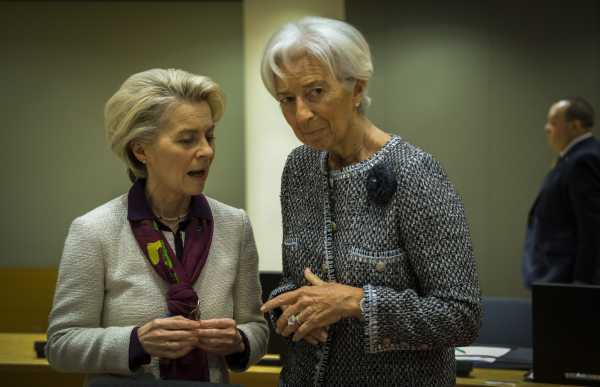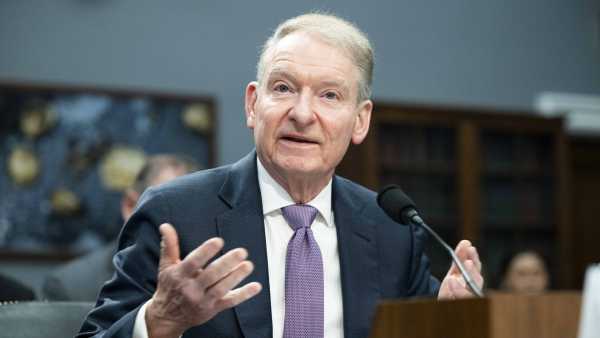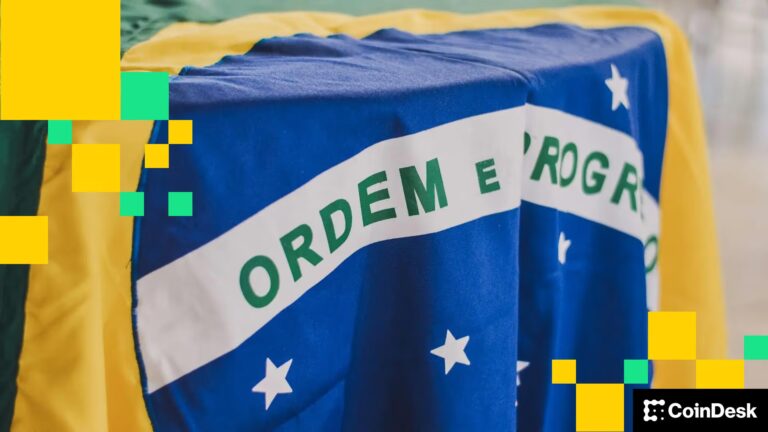Why OFAC Delisted Tornado Cash
Why OFAC Removed Tornado Cash From Its List
The Treasury Department likely had no choice but to lift sanctions on the crypto mixer.
By Nikhilesh De , April 5, 2025, 1:30 PM

Last month, the U.S. Treasury Department's Office of Foreign Assets Control removed Tornado Cash from its sanctions list, months after an appeals court ruled the watchdog had no authority to sanction the mixer's smart contracts.
You're reading State of Crypto, CoinDesk's newsletter covering the intersection of cryptocurrency and government. Click here to subscribe to future issues.
Fair winds
Narrative
In November 2024, a panel of the Fifth Circuit Court of Appeals found that the Treasury Department’s Office of Foreign Assets Control (OFAC) had no authority to sanction smart contracts related to the crypto tumbler Tornado Cash. Last month, OFAC removed Tornado Cash from its list entirely, while leaving developer Roman Semenov on its list of Specially Designated Nationals.
Why is this important?
The possibility of sanctioning Tornado Cash has been a subject of debate in the crypto industry. The Fifth Circuit's decision sent the price of the TORN token soaring and raised hopes that the U.S. government will have difficulty blocking legitimate use of mixers.
Let's break this down
Tornado Cash's delisting involved smart contract addresses and other elements of the shared mixer, and was done in response to a November ruling. It may have been an attempt to preempt a potential court ruling that could force OFAC to permanently remove Tornado Cash from the list.
As a quick aside, a group of developers filed a lawsuit against OFAC after Tornado Cash was first sanctioned with the support of crypto exchange Coinbase. That case, Van Loon v. Treasury, received an initial ruling from a district court judge that favored the Treasury Department. However, on appeal, the Fifth Circuit ruled — rather narrowly — that smart contracts were outside OFAC’s jurisdiction. The appellate panel sent the case back to the district court for further proceedings.
On March 21, the same day OFAC removed Tornado Cash from its sanctions list, it filed a notice with the court arguing that the removal rendered legal action in the lawsuit “now pointless.”
Peter Van Valkenburg, executive director of Coin Center, noted that the November decision left OFAC with limited options.
“They could have waited for the court to lift the sanctions, or they could have taken them off the list themselves, and they chose the latter,” he said. “You can look at it in two ways. You can look at it as wanting to preserve the possibility of a future fight, or you can look at it as wanting to do some other listing, [and] that’s really difficult because this Fifth Circuit decision is so unfavorable to them.”
Another interpretation of the exemption, he said, is that OFAC simply wanted to close the matter quickly.
Leah Moushi, an attorney with Miller & Chevalier, said the court could dismiss OFAC's lawsuit because it remains unclear whether Tornado Cash could be renamed in the future. She pointed to a Supreme Court case with similar circumstances.
In FBI v. Fikre, the court ruled that the U.S. government had failed to provide sufficient evidence that simply removing a person from the no-fly list meant that he would never be returned to the list.
OFAC may have to prove in this case that Tornado Cash cannot be re-exported.
Источник



